Creating fair trade for film

Naming is hard. We went through many ideas before settling on FilmTrade (for now), so we think it's worth articulating some of the connections and meaning that name has for us.
"Trade" has to do with commercial activity, including exchanges or transactions (with or without the use of money). To us, this connotes having an actual competitive market for films as discrete works, not as an unending stream of content that arrives via an all-you-can-eat subscription, and that has been acquired via semi-monopsonistic licensing terms. As Jonathan Taplin wrote in this prescient 2015 essay on the devaluation of creative work by the digital/internet revolution:
I’m not worried about Jay Z or Beyoncé. I’m worried about the middle class musician, the journeyman that used to be able to ply his trade and make a living selling 25,000 CDs. That does not exist anymore. . . We are only a few years into the sharing economy, but one thing is clear. . . most of the economic gains will flow to those who own the platform rather than to those who do the work.
"Trade" can also refer to an industry, i.e. the organizations engaged in a particular sector of commerce. For the organizations involved in independent film, the situation has gotten so bad that Ted Hope calls it FKATFB (Formerly Known as the Film Biz), to the extent that he advises indie filmmakers to abandon the current global streaming platforms entirely.
This is the situation that we're on a mission to transform for the better, including for the indie film artists who haven't reached (and may not even be aiming for) increasingly rare "mainstream" success, but are creating meaningful and important work in the "long tail," that could and should have enough global audience to sustain and support them.
The levers for change will need to involve technology, but are also based in the approaches of collective action and cooperative enterprise. For this, we're inspired by Equal Exchange and the way that producers of coffee and other food can come together in voluntary association with consumers who care about the impact of their spending, and together they can create better, more ethical, and more fair trade.
Engaging the conscious consumers as partners and stakeholders can have a tremendous effect. Ezra Klein recently spoke about the impact of conscious consumerism for digital media an excellent episode of the Search Engine podcast titled How Do We Survive the Media Apocalypse?
When you pay for anything, when you become a member, a subscriber, then you're really sending a signal to generate more of that thing and not of the other thing. Like what we pay attention to online, we are willing into existence. What we ignore online, we are asking to die. . .
. . . one of the things you'll see people say online is like, well, there's no ethical consumption under capitalism. . . actually there is ethical consumption under capitalism. . . within these questions of consumption, people should think of themselves as individual nodes for collective change. . . . Any one of us is a small part of this very, very large whole. But the decisions you make influence the people around you. . . Human beings are social. What we do is contagious. You should understand that there is a relationship between individual decisions and collective outcomes.
We can also see conscious consumerism in the backlash against AI that even large brands are now participating in. While some of them may be simply playing to the masses, other organizations are taking a principled approach. As one recent example, we admire the leadership of Jingna Zhang, the founder of the visual artist portfolio/social platform Cara, as reported in The Atlantic:
I want a platform that opts images out of scraping by default, that won’t host AI media until data sets are ethically sourced and laws have passed to protect artists’ work.
We hope you'll join us as we work toward building a better world for film artists and film audiences – fair trade for film.

